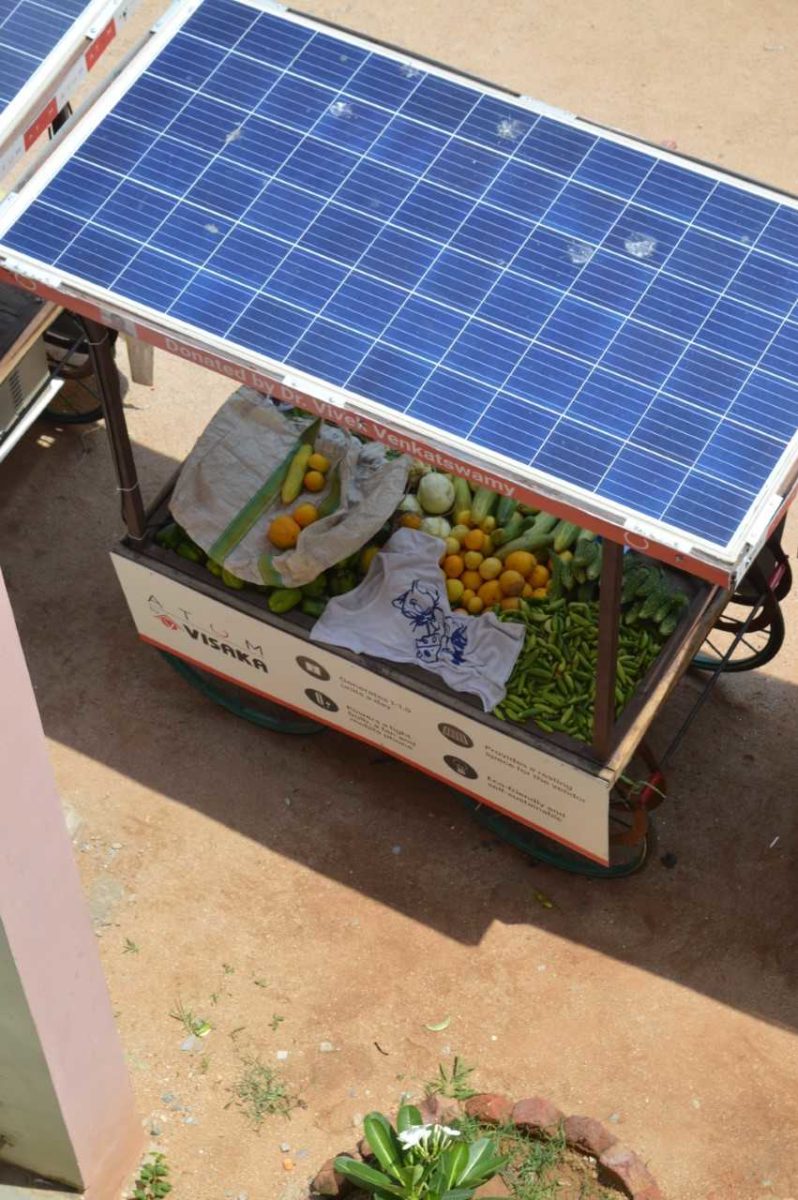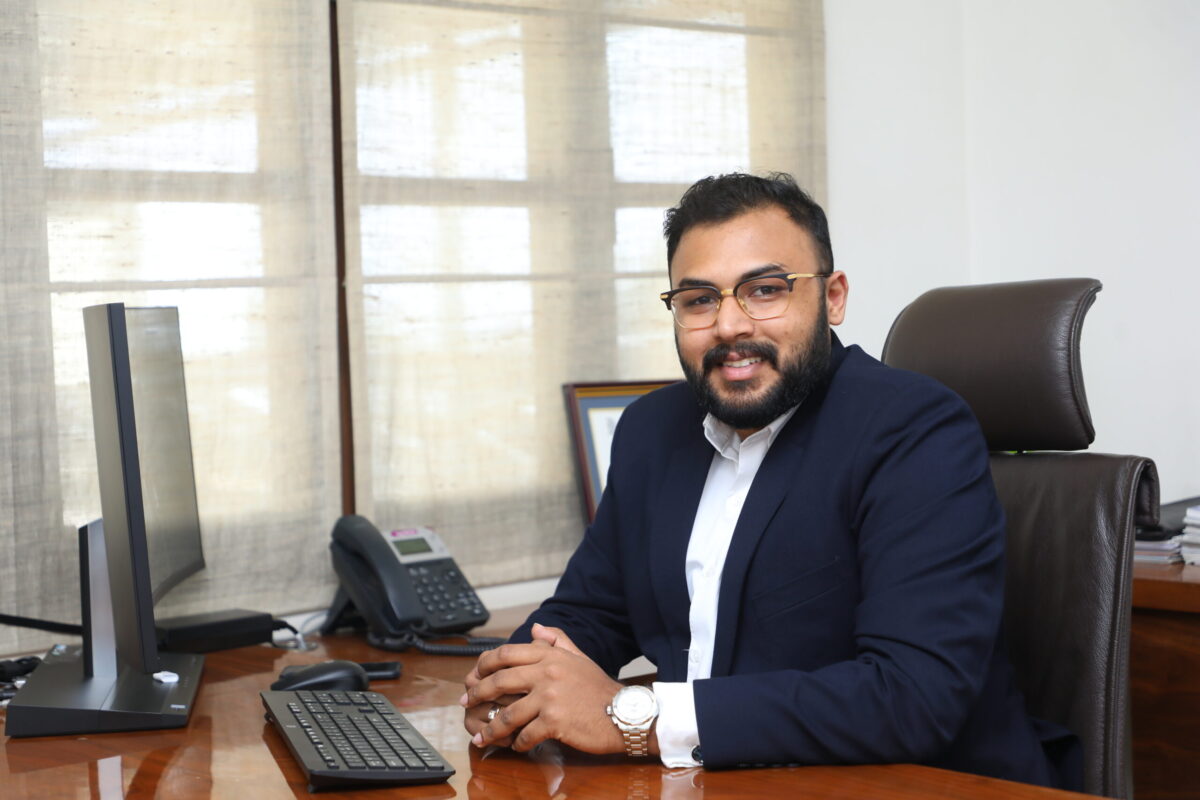Global safety science company UL has certified Telangana-based Visaka Industries’ ATUM solar roof as per the latest International Electrotechnical Commission (IEC) and UL standards for successfully passing the solar photovoltaic (PV) module tests. Compliance to the IEC Standards revised in March 2016 enables ATUM to position itself in the markets of Europe, Latin America and Africa among 50 other countries.
ATUM is claimed to the world’s first integrated solar roofing system that serves all the functions of a traditional roof while generating electricity. Manufacturing integrated solar panels with a cementitious substrate base provides better thermal conductivity than a traditional roof while adding an aesthetic element to the roof.
Speaking on the accreditation, Visaka Industries Limited joint managing director Vamsi Krishna G. said, “Visaka Industries has always prioritized to produce durable, sustainable products of the highest quality from our state-of-the-art automated manufacturing facilities. We believe in partnering with a reputed, accredited and trusted testing partner to ensure our products adhere to the IEC standards and is endorsed by UL, a globally reputed testing and certification body. This certification opens up market avenues for us in over 50 countries.”
The IEC standards—IEC 61215 and UL 61730—were altered considering the changing technological requirements in the solar industry to suit climate change and sustainability. The current norms recognize changes in the test procedure, sequence, duration and methodology for evaluating structural safety and performance of solar modules that are manufactured with crystalline silicon and other thin-film technologies.
According to the new standards, modules are required to increase cycle time from 15 days to 120 days to account for the rising UV radiation in the atmosphere. The IEC standard release requires new testing structures, qualification conditions and minimum design requirements to safely operate at higher voltages, fulfilling market trends.
While the updates on IEC 61215:2016 require a ‘19 Module Quality Tests (MQT)’ to be conducted where some MQTs will require additional tests to qualify, they also allow new testing procedures to be set, depending on the tested product.
The other IEC standard, IEC 61730 has been completely revised to include new testing sequences and module safety tests. The product design must accommodate minimum electrical requirements to sustain a higher voltage.
Founded in 1983, Visaka Industries has multiple product portfolios, ranging from hybrid solar roofs to corrugated cement sheets, fiber cement boards and manmade fiber yarn.
This content is protected by copyright and may not be reused. If you want to cooperate with us and would like to reuse some of our content, please contact: editors@pv-magazine.com.









Just install PV Panels (6’X3’… 1mX2m) like Roof Tiles with overlap instead of flush joints at the horizontal axis…. to let the rainwater flow over .. and sealed by double sided tape.
Vertical joints can be flush with metal (to protect against uv) faced water-proof tape on top of the joints between the adjacent PV Panels… providing a leak free installation….
Soon, labor intensive, multi-layered “traditional roofs” (plywood, paper, shingles/tiles, etc..) will/could be passe…. at least South Facing ones. With rapid drop in PV Panel prices… such a roof maybe able to “compete” with traditional (no energy producing) roofs….plus generate electricity as a “bonus”…